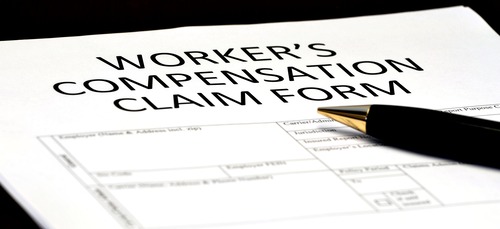Recreational Use Statute in Florida
- Personal Injury
Whenever someone is injured on someone else’s property, premises liability laws determine who is responsible for the injury. In many cases, premises liability is simple to ascertain and perfectly clear. However, there are also many cases that are more complex, with specific rules, exceptions, and information to understand. This is where a personal injury attorney can help you to determine if you have a claim, and how to proceed.
The legal duty of a property owner is to ensure that their property is generally safe and not hazardous for those who come onto the property. While there are some exceptions and variations dependent on who is injured, it is up to the property owner to eliminate dangers or warn guests of any dangers that exist.
The main exception to this rule in Florida is the recreational use statute (F.S. 375.251). Some property owners make portions of their property available for recreational use to the public, free of charge. In these situations, it is determined that visitors have no reason to presume that the land is safe, and the landowner has no duty of care to those who use the property.
The reason that this statute exists is so that property owners will feel comfortable making their property available for public recreational use, like fishing, hiking, camping, etc. Thus, if someone is injured in Florida during the recreational use of privately owned property, he or she will not have a case unless it is proven that the property owner deliberately created unsafe conditions.
An example of how this recreational use statute exception applies can be found in the case of Hayes v. City of Plummer. A man tripped and fell at Plummer School Park, owned by the City of Plummer. Because this injury occurred at a football game with services paid for by the school. The man argued that because the school had paid for services and paid for maintenance and improvements to the property owned by the city, this constituted being charged for the use of the property and removed the application of the recreational use statute.
Both the district court and the Supreme Court determined that the recreational use statue still applied because compensation was defined specifically as payment for direct use of property or property admission, and that this qualifying factor was not present.
Before you consider filing a premises liability claim, you need to know whether the recreational use statute applies and what other laws, rules, and exceptions might apply to your case. Contact a Miami premises liability attorney to discuss whether or not you have a case and how you should proceed if you do.






